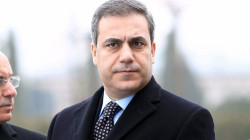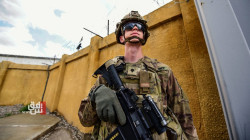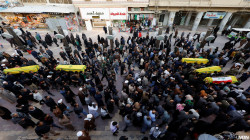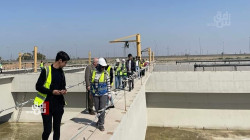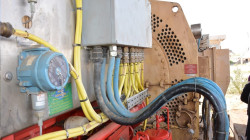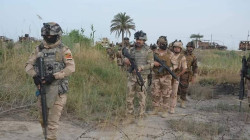Jamila: an Iraqi mother's battle to feed her children
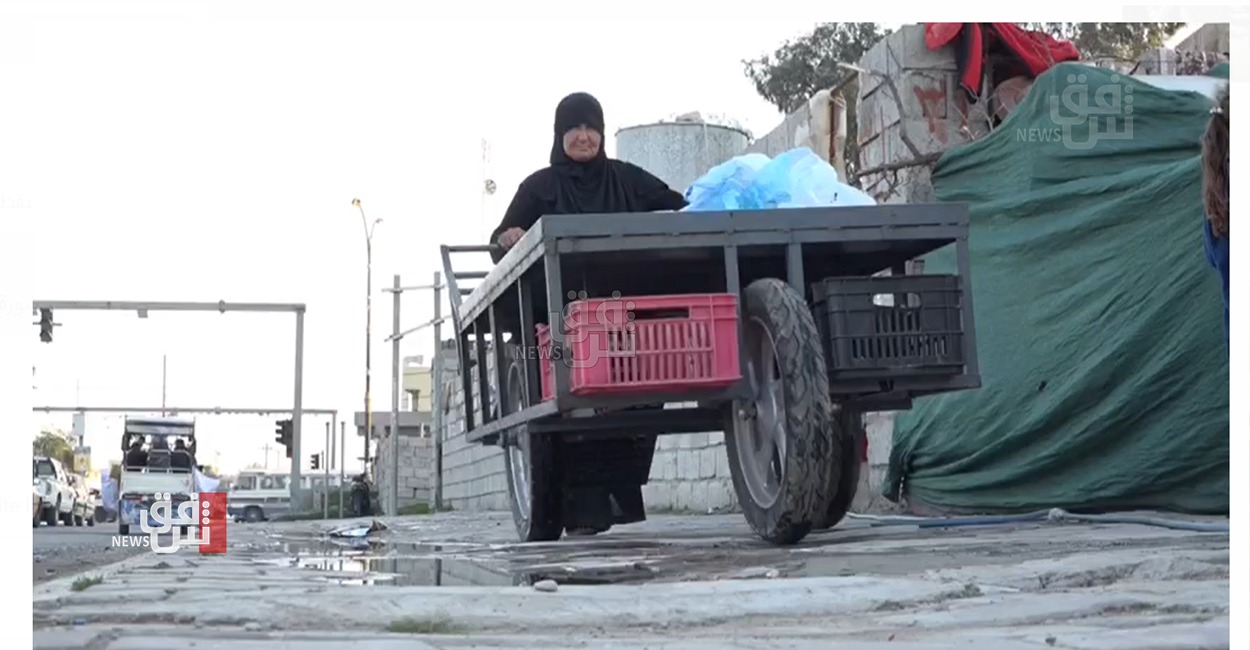
Shafaq News/ Despite gradual improvements in the living standards of
many Iraqi families over the past two decades, a significant portion of the
population continues to struggle below the poverty line. Some families,
however, find themselves in a far more dire situation, surviving on the margins
of society with little to no access to necessities.
One such family is that of Jamila Ahmed Saeed, a mother of three living
in Kirkuk. Jamila and her two daughters and one son, none of whom have ever
attended school, have found refuge in a small, makeshift home within a
government building.
Morning Routine
The 57-year-old mother has a daily ritual that few would envy: she wakes
before dawn to sift through mountains of garbage at the city's landfill. Armed
with little more than a pair of gloves and a small cart, Jamila and her young
son, Mohammed, spend hours searching for anything of value among the discarded
waste.
"We come here every day before the others," Jamila told Shafaq
News Agency. "We search for anything we can sell, like glass bottles,
metal, and plastic. We collect as much as we can carry and bring it back home
to sort."
The family's meager income comes entirely from selling the recyclables
they collect. Even bread, often discarded as waste, is a valuable commodity for
Jamila. "We gather the bread and leave it in the sun to dry," she
explained. "Then we sell it all by weight, along with the other materials
we collect."
Saeed and her son often find themselves in a race against time, rushing
to secure the most valuable items before others claim them. The physical danger
is constant, with the risk of injury from sharp objects and unstable piles of
garbage.
"The struggle is real," Saeed said. "There are many
others like us, fighting over the same scraps. Those with motorcycles, or
'stoutat' as we call them, have an advantage. They can collect more and get to
the best spots first."
Despite the harsh conditions and the stigma associated with their work,
Jamila said she is proud and independent. She rejects charity, insisting that
she prefers to provide for her family through her own labor. "Life is
hard," she said, "but I'm a strong Iraqi woman. I won't beg for
food."
Raising A Family
"It's not as simple as people think," she said. "We walk
long distances searching for anything of value in the trash. In the summer,
we're scorched by the sun, and in the winter, we're drenched in rain and
shivering from the cold. But that's life."
"My life is dedicated to raising my children," Saeed
continued. "That's why I don't mind the hardships, even though we only
make between 10,000 and 20,000 Iraqi dinars a day at best. I'm a single mother
with no one else to rely on."
"Umm Mohammed [Mother of Mohammed] lives in a small, illegally
built house on government land in the Hajjāj neighborhood," Mustafa, a
neighbor of Saeed's, told Shafaq News Agency. "The neighbors try to help
her whenever they can."
"Nonetheless, she is a model of a woman who fights against all odds
to provide for her children. She leaves at dawn and doesn't return until the
afternoon, pulling her cart filled with food for her three children," he
elaborated.
Sami Shahab, a fellow scavenger, explained to Shafaq News Agency,
"Those of us who know Umm Mohammed's story avoid the territory she goes to
out of sympathy. We leave those places for her to help her support her
children."
He added, "We know Jamila, and she deserves help. She goes to
specific dump sites in specific neighborhoods, and that's why we're forbidden
from going near her territory. We know her situation, and we leave those
scavenging spots for her."
